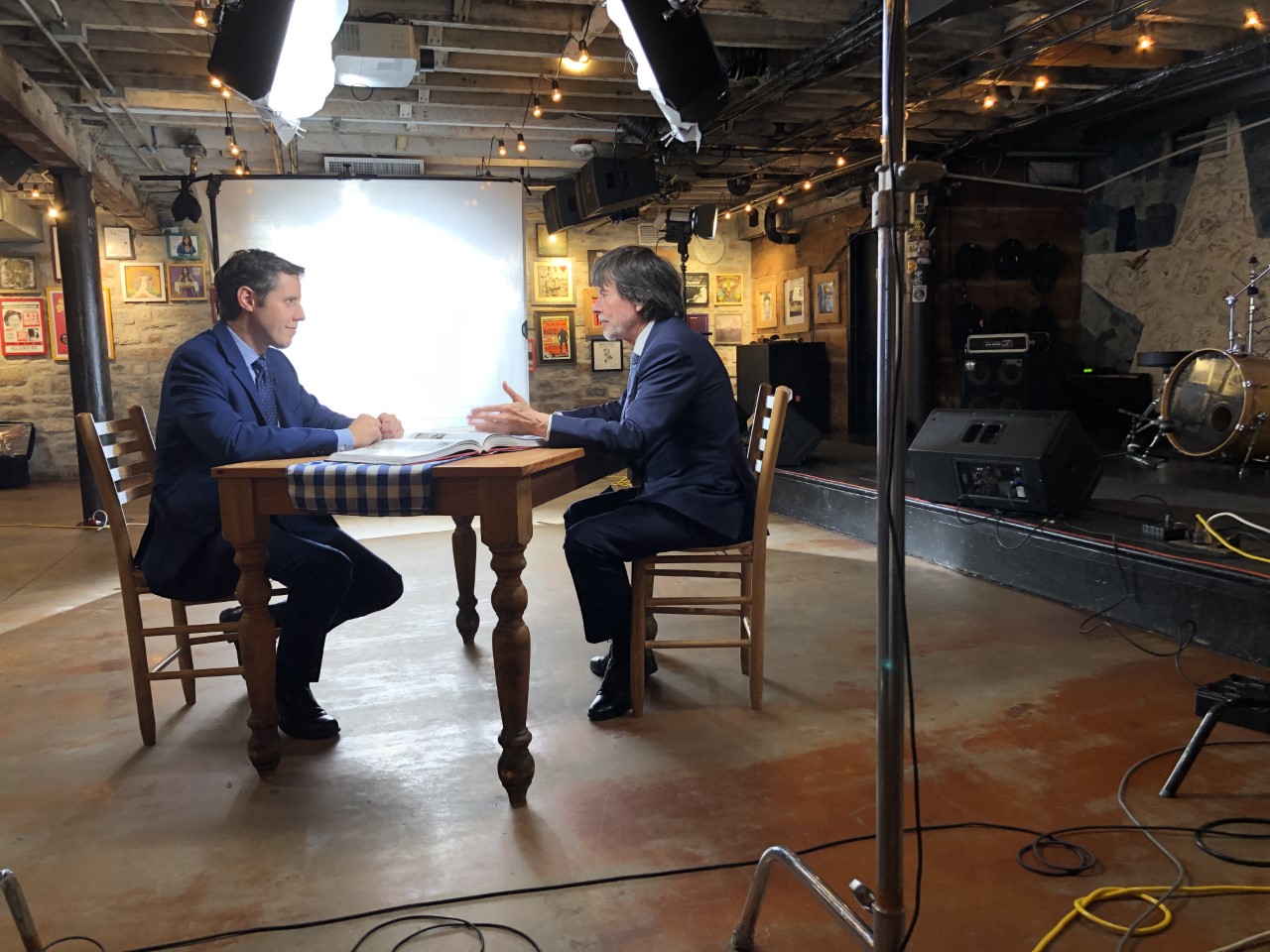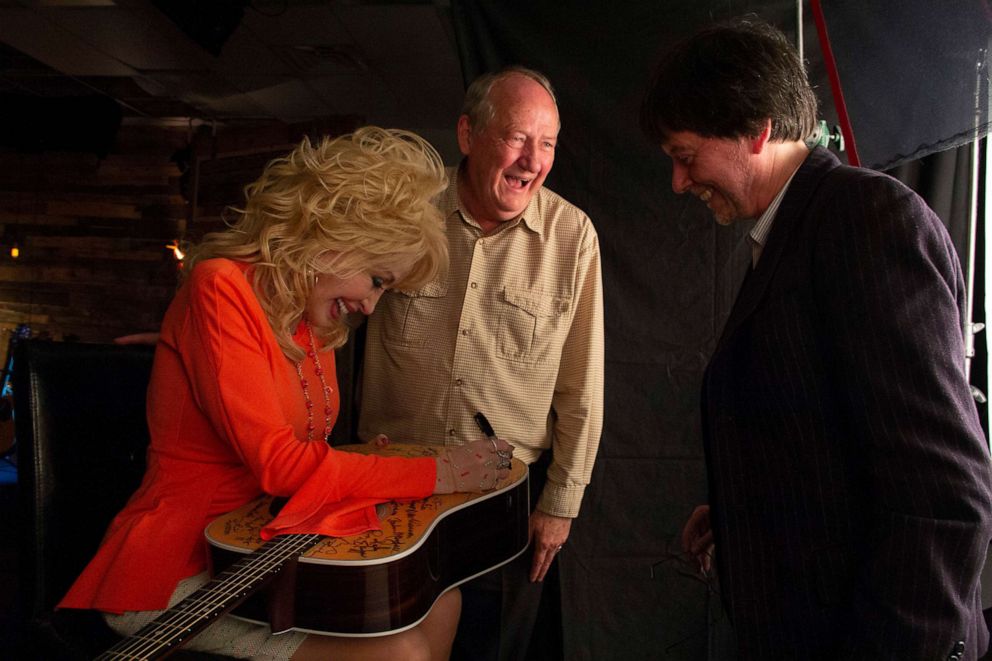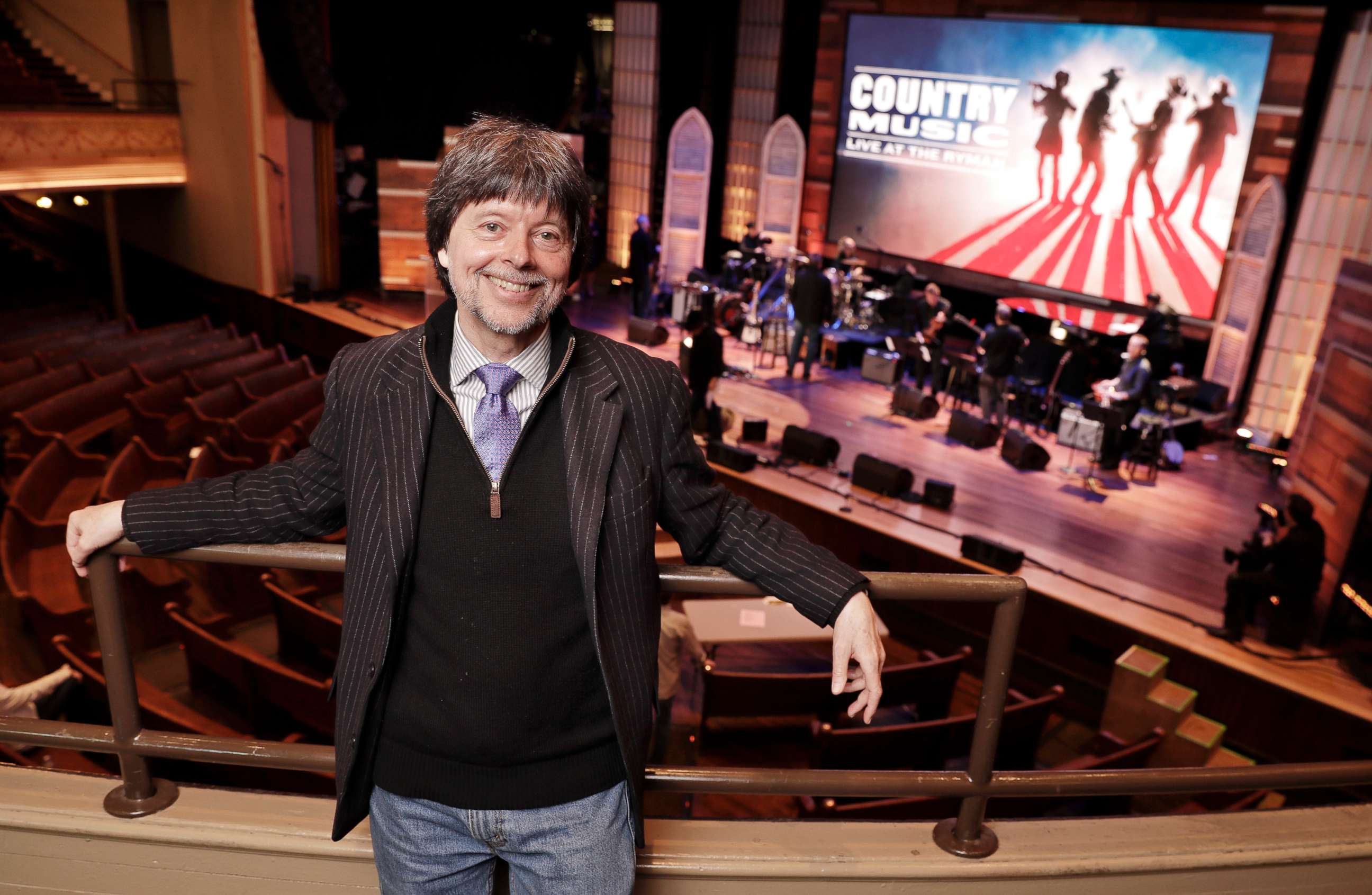Filmmaker Ken Burns says 'Country Music' reflects diverse, complicated story of America
Ken Burns reflects on country music, American diversity and baseball.
The history of country music offers Americans a "new perspective" on the nation's own complex story, providing a different way to understand the diverse diaspora that it is today, documentary filmmaker Ken Burns told ABC News.
"Country music has all of these influences from all these diverse places from the beginning, and proceeds to then add many more influences," said Burns, who sat down for an ABC News Live interview with "Powerhouse Politics" host and political director, Rick Klein. "So in some ways, it tends to sort of neutralize the simplistic binary arguments we get into today."
Over the course of 16 hours and eight episodes, Burns traces the evolution of the genre in his latest work, "Country Music," released on PBS in September. From its genesis with hillbilly songs to post-war America's bluegrass to rockabilly and country pop, the film crosses every intersection the genre takes with other musical forms.

"We're all looking for stories that are complicated and a wonderful way to talk to us about who we are, and country music is that," he said, sitting feet away from the stage at the Hill Country Barbecue restaurant in downtown Washington, D.C.
His selection of country music -- following his storytelling of American history through his other films "The Vietnam War," "Baseball," "Prohibition," "Jazz" and "The Civil War" -- comes from his passion for stories. It also stems from his attraction to the genre's history, which was born out of the roaring '20s and developed throughout the turbulent 20th century, mirroring heartache, loss, love and redemption along the way.
"We pick our topics because they are good stories," he said. "This one happens to help us come to terms from a new perspective of the very complicated 20th century. This is music born, at least for commercial purposes, in the 1920s and we take it up to the end of the millennium. It's a new way to see us, both the U.S. and us in that intimate way."
Burns shared details from the film, like how the stories of country legends weave together. That included Merle Haggard's life crossing with Johnny Cash's while he was an inmate at San Quentin State Prison and Dolly Parton's rise from extreme poverty in eastern Tennessee to notoriety as a revered member of the country family.
The famed filmmaker also conveys the universality of the genre, which is as multifaceted as the country and reflects what he says is every American's story.

"I can think of no better story that reminds us that we're all in the same boat ... than the universal truths that emanate not out of just the songs, the art, but of the story of the people who made those songs," he said. "What is a country song but expressing kind of universal human emotions, like loss and love and seeking redemption?"
In his effort to explore the soundtrack of the genre, Burns also sought to push back on some of the misconceptions of country music -- particularly the perception that it is comprised of only "conservative, rural, or Southern" artists despite its decades of African American influences.
"I think too often in our culture, we abbreviate something and we sort sort of categorize it. And country music has never been a one thing," he said. "It has always been a really complicated mixture of influences. ... And then you just proceed through these amazing characters decade after decade who tell us a lot about who we are."
He added, "There's an African American dimension in every one of our eight episodes, and the music is infused with the African American experience, even though it seems to come down to us as essentially a white music, which we then transfer as being conservative, rural, Southern. It's all types of things."

In detailing what he learned about America from his eight years of work on the film, he also asserted that while it appears as though everything in modern American culture "is in opposition. Everything's red state, blue state. It's young or old, it's rich or poor, white or black," like country music, every American story is a "combination, a mixture, an alloy."
Sitting in the nation's capital and keenly aware of another historical event less than a week away -- the 2019 World Series -- Burns also weighed in on the impending battle between the Washington Nationals and either the Houston Astros or the New York Yankees.
"The historian in me is completely repressed by the Boston Red Sox baseball fan in me, in which I root for the Boston Red Sox -- who are, by the way, the reigning world champions until they're not -- and anyone who's playing the Yankees," he said.




